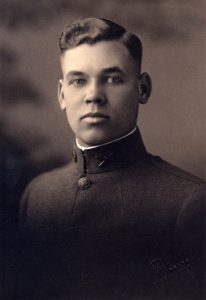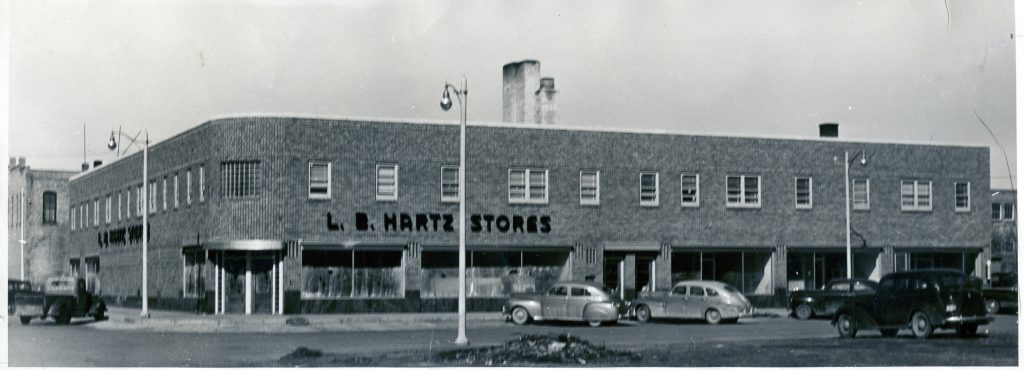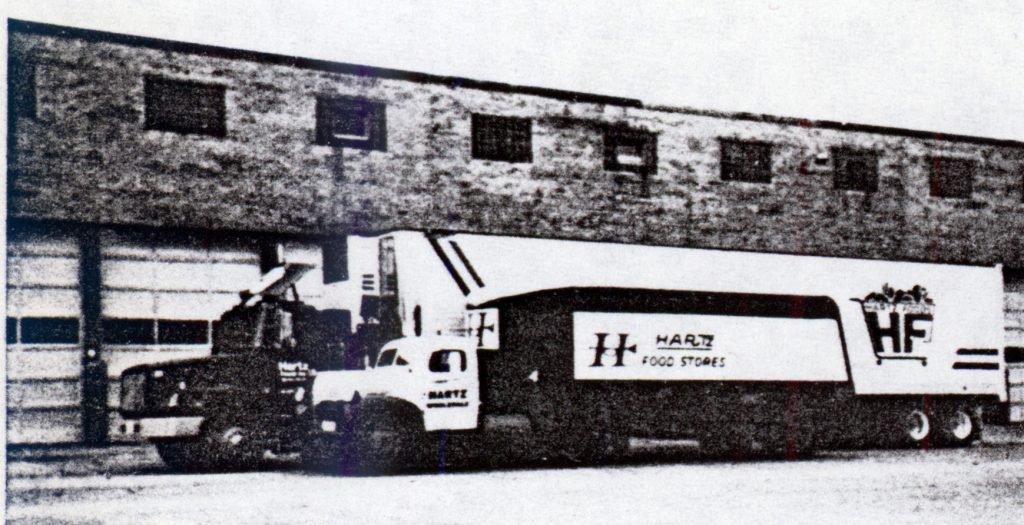
The founder of the Hartz Foundation, Lester B. Hartz, was born in Duluth, Minnesota in 1895. L.B. attended elementary and high school in Duluth and after graduating from high school, he served in World War I with the First Army in France as a munitions truck driver. After serving in the Army, Hartz attended the Duluth Business University (DBU) where he studied accounting. For the next four years he worked as a bookkeeper or with credit associations. For one season he taught accounting at DBU. L.B. also did some farming and as a result was soon into a self-started produce and food wholesaling business with a territory across northern Minnesota and North Dakota.

In 1925, in Roseau, Minnesota, Hartz opened his first store, and he went on from there to develop and open a chain of grocery stores (one of the largest chains of stores in the area) under the name of “L. B. Hartz Stores” numbering approximately 400 stores at the zenith of the business.

L.B. also was owner/founder of Hartz Trucking of Thief River Falls. Lester was an astute business man and entrepreneur with tremendous foresight. Ahead of his time, he was principle founder of Arctic Cat Industries of Thief River Falls, MN. He was a self-made man in every sense. Lester had many philanthropic interests, among them his endowment of Minnesota State University Moorhead, School of Business, with Annual Professional Achievement Award and Annual Academic Achievement Scholarships. His first wife, Harriet, died in 1976. In 1979 Lester married Onealee V. Parsons in Victoria, Texas. They lived together in South Carolina until Lester’s death. There were no children by either marriage.
The Hartz Foundation was organized in 1957, in part, to receive the gifts of stock in L.B. Hartz Wholesale from the five Hartz family members as provided in their respective wills, as well as, to inherit the ownership of L.B. Hartz Wholesale, and thus assure its successful continuation in the interests of the Foundation and of this area. In the early years of the Foundation, it was not contemplated that there would be any substantial donations to charities, however, as long term indebtedness was retired, the income from L.B. Hartz Wholesale would in large measure be available for very substantial gifts for the purposes of the Foundation and the Hartz trade area.
Sources:
• Northwest Minnesota Historical Center (Minnesota State University)
• Pennington County Historical Society (Thief River Falls, MN)
• Find a Grave website
